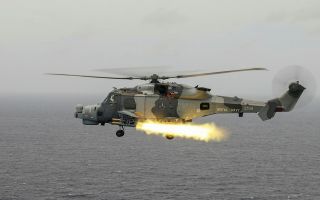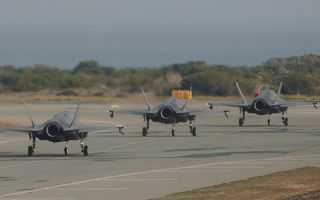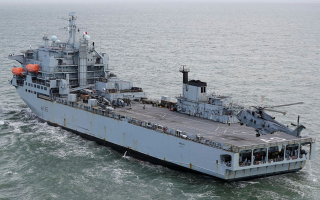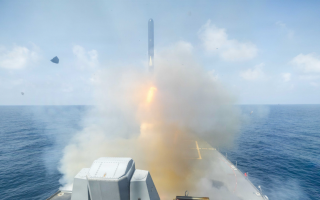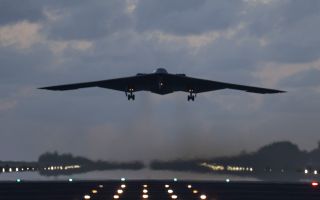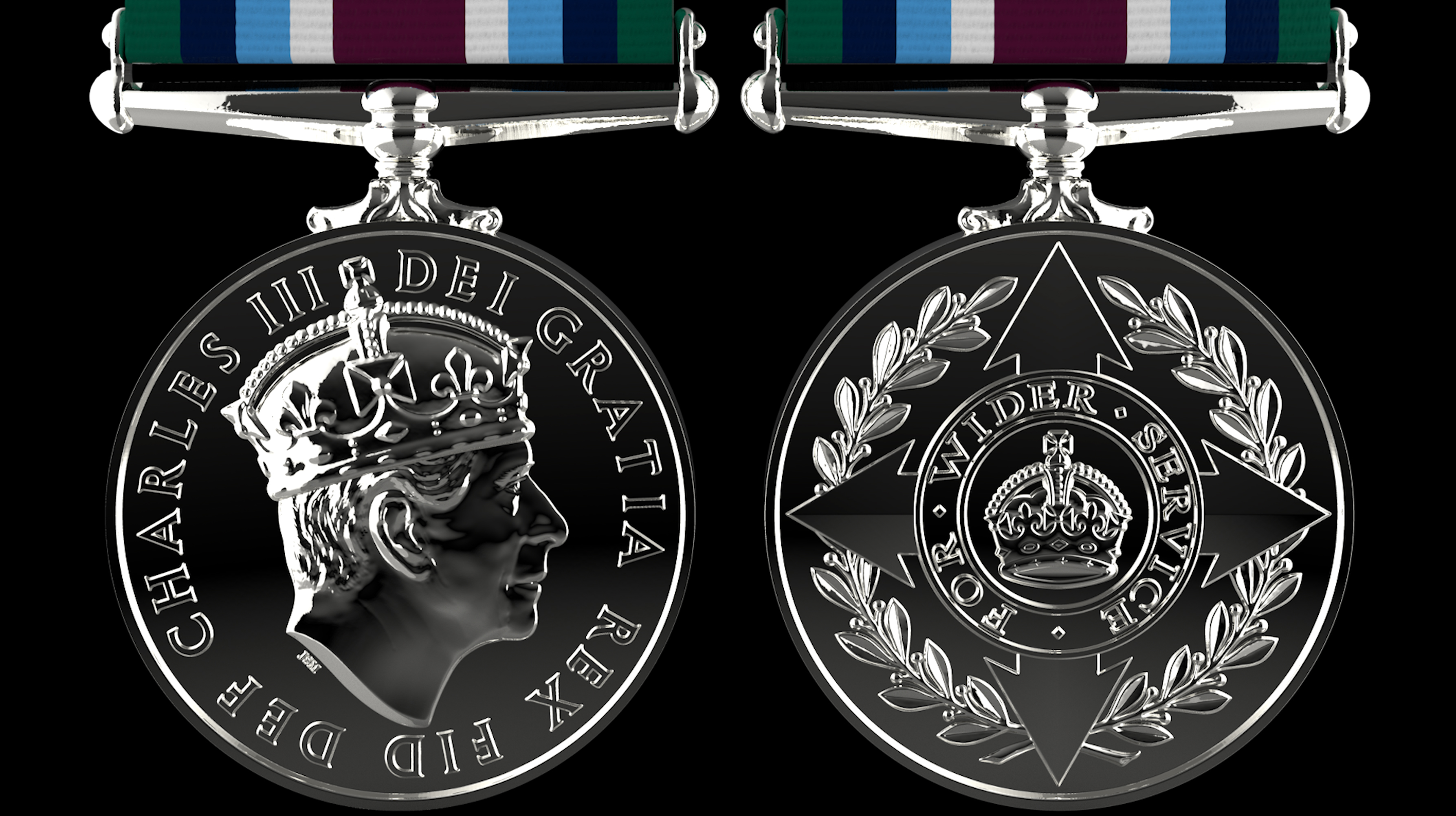
Sitrep: To those who don't like the Wider Service Medal - button up and get on with it

A former head of the British Army chief has defended the introduction of a new medal awarded to personnel who deliver crucial impact, but where the physical risk to life is lower than traditionally required for an operational medal.
General Lord Richard Dannatt CBE, a former Chief of the General Staff, was speaking on the latest episode of the Sitrep podcast - which analyses the top defence stories of the week and is available wherever you get your podcasts.
He was speaking about the new Wider Service Medal (WSM), which Defence Secretary Grant Shapps announced would go to personnel who have served on a number of operations around the globe.
These include deployments to the Gulf, the Indo-Pacific and Estonia, as well as air policing deployments on Nato's eastern flank.
He said the WSM does not devalue other medals and was a "reasonable way of recognising and rewarding commitment on all operations, although they're not operations in the face of the enemy".
"This is an important part about what we're doing in the Armed Forces these days, that is deterring future conflict, deterring future war," he said
"That is a very legitimate role for the Armed Forces to fill. We all know the disastrous cost of fighting wars, even disastrous cost of campaigns like Iraq and Afghanistan."
The former Army chief also said the medal "reflects where we are in defence today".
"We've got a generation of soldiers, sailors, airmen, marines with really quite a chest full of medals," he said.
"But that's pretty much stopped since 2014 when combat operations finished in Afghanistan.
"The Armed Forces have been extraordinarily busy in the last eight to 10 years, and on the face of things will remain so.
"It's innovative and probably sensible to recognise the commitment, the time away from home, of just the effort that goes into the sort of deployments, whether it's deployment in a ship or whether it's a battle group in Estonia or Poland that people have been going through and giving them something to wear on their left breast with with pride.
"So, yes, it doesn't have the rigour of a medal earned under fire. But I think it also does recognise service and I think that's legitimate."
Lord Dannatt also pointed to the Long Service and Good Conduct Medal as another example of a medal not awarded "under fire".
"It recognises service, so the principle is already there that service is recognised," he explained.
"For those who don't like it, probably just button up and get on with it."
Sitrep's resident expert, Professor Michael Clarke, also stood behind the WSM and told the podcast the Government recognised it needed to "mark those aspects of service, which may not be so dramatic but actually are just as important".
"[The] British military is spread so thinly these days that a lot of people are working very hard all the time on operations, so that's the thinking behind the medal," he said.
The WSM does have a 180-day requirement, or six months on a single deployment, which Prof Clarke said ensures personnel can't "get it for nothing".
He also acknowledged the medal would affect the RAF and Navy more so than the Army.
"The Navy and the Air Force have been doing more of these sort of operations than the Army has done, and the Army… has been extremely busy since the end of the Cold War," he said.
"So these more sustaining operations that the Navy and the Air Force have taken part in… those wider operations involve an awful lot of people from the Navy and the Air Force.
"So it will be more important to them, and I think that's fine. I don't have any problem with that myself."
However, Prof Clarke did say the MOD needs to make clear the new WSM is not connected with any offer it makes with some asking for better accommodation or a pay rise instead of the introduction of a new medal.
"The danger is that the award of medals will be seen as a cheap compensation for not putting right the things that the forces really do care about," he said.
You can listen to Sitrep wherever you get your podcasts, including on the Forces News YouTube channel.

